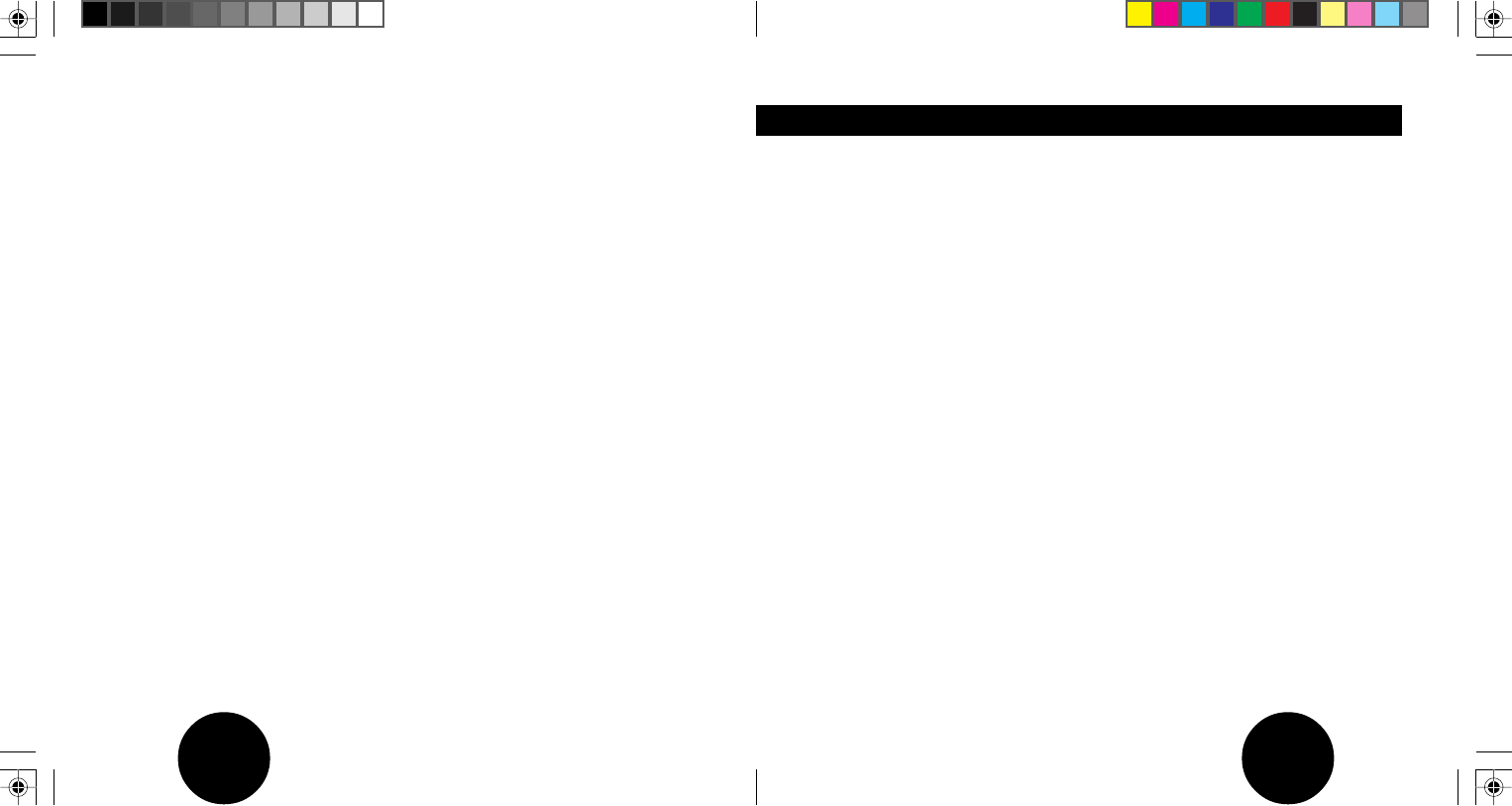
F 74 F 75
If you want to improve your cardiovascular fitness, it takes a minimum of
6 weeks on an average to see a noticeable change in OwnIndex. Less fit
individuals see progress even more rapidly and for more fit individuals
more time is needed. The better the cardiovascular fitness of an individual,
the smaller the improvements in OwnIndex.
Cardiovascular fitness is best improved by exercise types which employ
large muscle groups. Such activities include running, swimming, rowing,
skating, cross-country skiing, cycling and walking.
To monitor your fitness progress start with measuring your OwnIndex
a couple of times during the first two weeks, to get a baseline value.
Thereafter, repeat the test approximately once a month. OwnIndex is
based on resting heart rate, heart rate variability at rest, age, gender,
height, body weight and self-assessed physical activity.
Predicted maximum heart rate (HR
max
-p)
The HR
max
-p definition is carried out simultaneously with the Polar Fitness Test.
The HR
max
-p score predicts your individual maximum heart rate value more
accurately than the age-based formula (220-age). The age-based method
provides a rough estimation and is thus not very accurate, especially for
people who have been fit for many years or for older people. The most
accurate way of determining your individual maximum heart rate is to have
it clinically measured (in maximal treadmill or bicycle stress test) by a
cardiologist or an exercise physiologist.
Your maximum heart rate changes to some extent in relation to your
fitness. Regular endurance exercise tends to decrease HR
max
. There may also
be some variation according to the sport you participate in. For example,
running HR
max
> cycling HR
max
> swimming HR
max
.
HR
max
-p gives the possibility of defining training intensities as percentages
of maximum heart rate and of following maximum heart rate changes due
to training, without an exhaustive maximal stress test. HR
max
-p is based on
resting heart rate, heart rate variability at rest, age, gender, height, body
weight and maximal oxygen uptake, VO
2max
(measured or predicted). The
most accurate HR
max
-p is obtained by entering your clinically measured
VO
2max
into the wrist receiver.
Manual S510 GBR C.pm6 8.3.2001, 12:4474-75


















